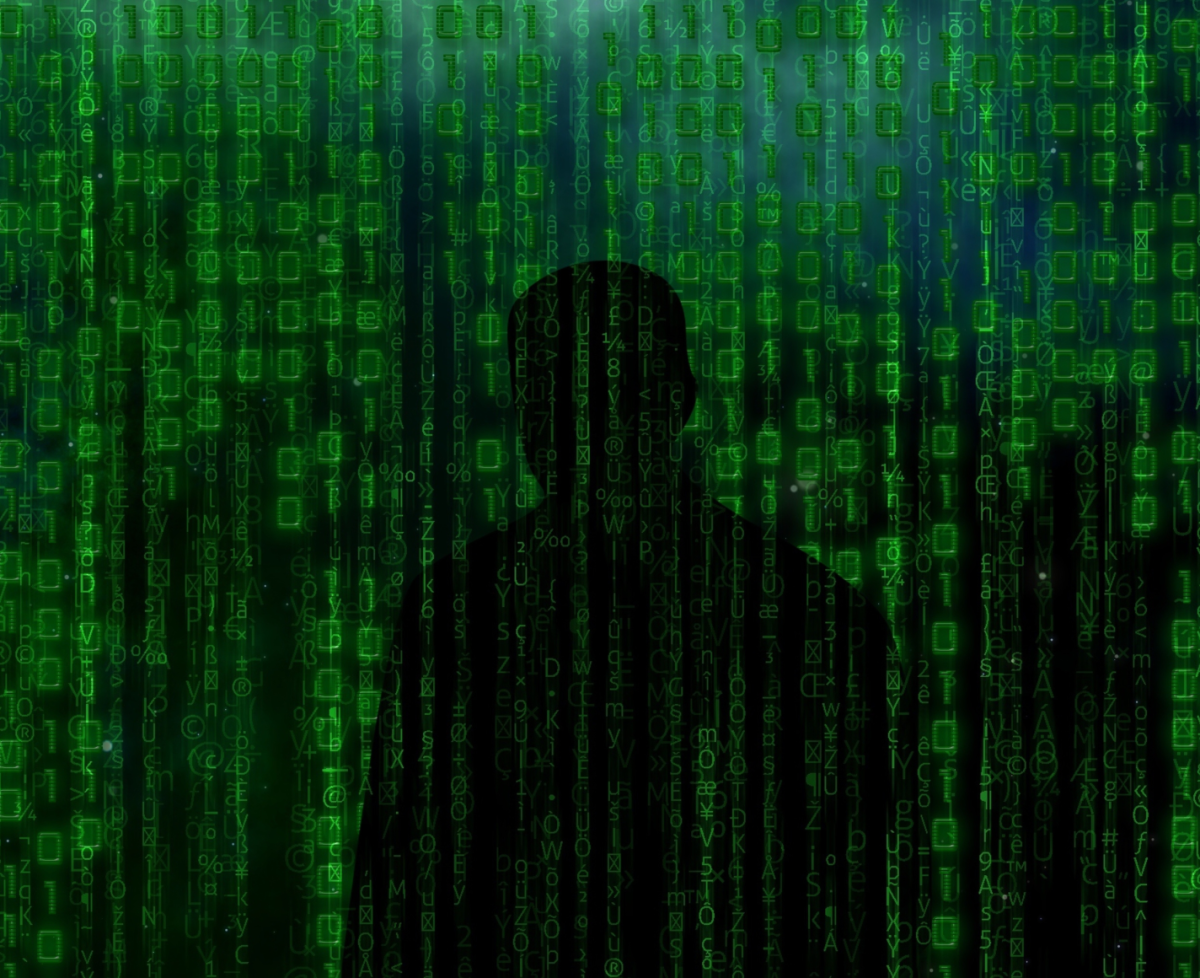The history of hacking goes back over a century. Originally, hacking was benevolent and used to explore computers’ use cases and efficiency. However, once hackers realized they could turn a profit, the community divided itself into “white hat” hackers and “black hat” hackers.
A “white hat” hacker applies their skills to building digital security for a company; today, they are often called cybersecurity officials. “Black hat” hackers, on the other hand, act with malicious intent, utilizing their knowledge to steal private information and committing piracy and identity theft.
This dynamic between cybersecurity experts and hackers exists throughout the internet, from foreign conflicts to video games.
“Video game anti-cheat developers and hackers have been in a constant arms race since cheats have been created. Extra money and effort have to go into developing anti-cheat software, and an indie company that does not buy anti-cheat software has to create one and compete with hackers. Furthermore, the more hackers in the game, the more publicity it brings, leading to a constant development cycle,” Junior William Wei said.
Not all hackers and organizations fit into the two categories; Anonymous is an example of this; they are famous for their online protests and attacks on The Church of Scientology and Russia. They are considered “grey hat” hackers.
In response to the growing hacking and cybersecurity space, the Pentagon formed the United States Cyber Command Center Cybercom(CYBERCOM) in 2009.
Today, the world of cybersecurity is in a constant cycle of attacks and counterattacks between “black hat” hackers and “white hat” hackers.
This dynamic is reflected in the international relations between China and the U.S.
China’s hacking attempts are on government agencies and businesses in the United States. In 2015, President Barack Obama put pressure on China after they stole 20,000 security clearance members’ fingerprints in a cyber attack.
For 18 months, Chinese Hacking significantly subsided during the Obama administration, but tensions rose after Donald J. Trump entered office, which renewed Chinese hacking efforts. Over time, the Chinese Ministry of State Security began using shell companies to operate out of, giving them deniability.
Chinese hacking has continued under the Biden administration, but the Biden administration has imposed sanctions on China in retaliation.
The relationship of cybersecurity in foreign affairs will always exist with ebbs and flows throughout different presidents and eras, but hacking and cybersecurity will always exist.
“People will always try to hack into things, and cybersecurity will always be needed to stop those people,” said William.




































